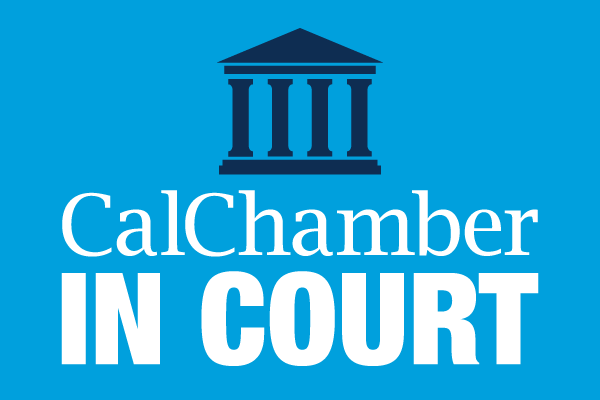 The California Supreme Court last week declined to review a decision by the Second District Court of Appeals overturning a landmark lower court ruling that had challenged teacher tenure and dismissal laws.
The California Supreme Court last week declined to review a decision by the Second District Court of Appeals overturning a landmark lower court ruling that had challenged teacher tenure and dismissal laws.
The state high court’s August 22 decision not to review the case leaves unchanged the April 14 appeals court ruling in Vergara v. California, which upheld the state’s existing education laws.
Three of the seven Supreme Court justices disagreed, however, saying the court should have reviewed the decision.
In reversing the trial court decision, the three-judge Court of Appeal had found there was not enough evidence to show that minority students were more often subjected to ineffective teachers than other students.
The appellate judges acknowledged that problems exist in the school systems’ employment practices, but did not find them unconstitutional.
Students Matter, the national nonprofit organization that brought the lawsuit on behalf of public school students, appealed the ruling to the California Supreme Court.
Dissent
Arguing that the Supreme Court should have reviewed the appeals court ruling, Justice Goodwin H. Liu wrote: “Because the questions presented have obvious statewide importance, and because they involve a significant legal issue on which the Court of Appeal likely erred, this court should grant review. The trial court found, and the Court of Appeal did not dispute, that the evidence in this case demonstrates serious harms.”
Also arguing for the Supreme Court review was Justice Mariano-Florentino Cuéllar: “There is a difference between the usual blemishes in governance left as institutions implement statutes or engage in routine trade-offs and those staggering failures that threaten to turn the right to education for California schoolchildren into an empty promise. Knowing the difference is as fundamental as education itself. Which is why I would grant review.”
“To have two lengthy, powerful dissenting opinions from the denial of review is extraordinary in California history,” said plaintiffs counsel Theodore J. Boutrous Jr. in a press release. “Even though the court denied review, the words of Justices Liu and Cuéllar will resonate across California and the nation, and hopefully help bring about the change we so desperately need.”
CalChamber Amicus Letter
The California Chamber of Commerce was among 50 signatories that filed more than a dozen amicus curiae (friend of the court) letters in June, urging the Supreme Court to hear the Vergara case and to strike down the laws at issue.
Among the amicus signatories were former California Governors Arnold Schwarzenegger and Pete Wilson and former California Supreme Court Justice Cruz Reynoso, as well as constitutional law scholars, civil rights organizations, and state and district superintendents from across the country.
The June 2 letter from CalChamber and other business groups, submitted by attorneys from Horvitz & Levy LLP, said the Court of Appeal “shortchanged” the state’s low-income and minority students by reversing the trial court decision.
“As the trial court found, the statutes effectively force administrators to retain grossly ineffective teachers and to allow those teachers to accumulate in schools where the students are most in need of the best teachers. As long as these statutes continue to tie the hands of administrators, our state’s students will continue to suffer,” the letter stated.
The Court of Appeal decision has economic consequences as well, the letter pointed out. “When the Court of Appeal disregarded the trial court’s findings that the challenged statutes effectively preclude equal educational advancement of low-income and minority children, it acquiesced to a system that unduly undermines the chances for California’s long-term economic prosperity.”
Superior Court Ruling
In 2014, Los Angeles County Superior Court Judge Rolf Treu held that California had deprived Beatriz Vergara and other students of their right to a decent education through the tenure and dismissal statutes.
Judge Treu found in particular that seniority-based layoffs, onerous firing processes, and a two-year evaluation period before entry-level teachers could be hired on permanent status led to ineffective tenured teachers to be highly concentrated in schools that served low-income and minority students.
Students Matter
In a press statement released after the Supreme Court decision, Students Matter promised to continue seeking changes to California’s teacher employment laws, working with parents, students, education leaders and lawmakers during the 2017–2018 legislative session.
For more information on the Vergara case, visit StudentsMatter.org.


